
4 min lesen
November 16, 2023
On social media websites, we use computers to pay bills, shop online, communicate, and even stay in touch with friends. This makes us vulnerable, even if we are unaware of it. When it comes to protecting our financial transactions or personal data, we cannot be too careful, as we voluntarily share important information over the internet, such as our credit card details or passwords for bank accounts—information that cyber thieves often target. As a company grows, it develops and implements security policies to protect sensitive data from outsiders. However, with the growth of a company, more and more computers, laptops, and smartphones are connected to the network, creating additional security vulnerabilities, and a small mistake can escalate into a major data breach. Data loss can have catastrophic consequences for small businesses, as they often lack the resources to invest in proactive security and fraud prevention measures. To help you, we have identified five measures to improve the security of your financial data.
Passwords are an essential security feature that prevents unauthorized access to company computers, email accounts, and other resources that may contain sensitive financial data. Password controls are a set of rules that your employees must follow when creating passwords to access your sensitive data. Ensure that passwords are long enough and contain a combination of uppercase and lowercase letters, numbers, and symbols. Longer passwords are increasingly difficult to crack using brute-force methods. Hackers use various techniques to guess passwords, such as software that guesses dictionary terms or word combinations from the dictionary, or software that attempts differently formatted birth dates. Regularly update your passwords, at least every 90 days, if they grant access to critical financial data.
Encryption converts stored data into a secret code that can only be decrypted and used for its intended purpose by someone who knows the encryption key. Even if a hacker or thief gains access to sufficiently encrypted data, it is unlikely that they will obtain useful information that could harm you, your company, or your customers. Encryption can also be used to make network endpoints such as PCs and mobile phones less vulnerable to attacks.
A firewall should be installed in every company that stores and transmits financial data over an internal network. A firewall is a hardware or software security device that analyzes all incoming and outgoing network traffic and determines whether to allow or block it based on predefined security rules. Firewalls create a barrier between your trusted internal network and unauthorized external actors who may attempt to access or attack it. You should consult a cybersecurity expert to help configure your firewall according to your specific requirements and advise you on dealing with other potential network security risks.

October 8, 2025
The biomethane sector is entering a decisive phase. Driven by climate targets, stricter regulations, and rising demand for renewable energy, the market is experiencing rapid growth. Yet, this expansion also creates new op...

February 3, 2025
The future of ERP lies in more efficient and flexible business solutions. In this article, you will discover how .NET-based ERP systems help you optimize processes while remaining adaptable. Explore the key benefits and technological advancemen...